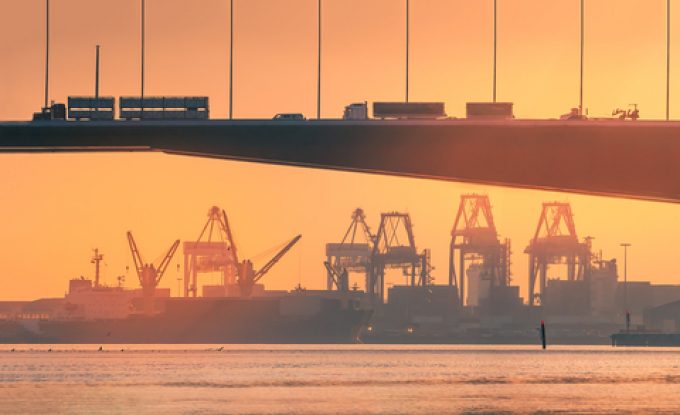Shipping Australia calls for reform of industrial relations
As industrial action by an Australian dockworkers’ union against terminal operator Qube is set to ...

Australia’s “underperforming” container ports are costing cargo owners A$605m per year, according to the government’s productivity commission.
The commission released its draft report on Lifting productivity at Australia’s container ports, today, after gathering input from maritime logistics stakeholders since December last year.
The report found higher productivity at Australia’s container ports was “achievable and would deliver significant benefits”.
It says: “Inefficiencies at Australia’s major container ports directly cost the Australian economy an estimated A$605m (US$413m) a year.
“Ports also have large indirect impacts on ...
Asia-USEC shippers to lose 42% capacity in a surge of blanked sailings
USTR fees will lead to 'complete destabilisation' of container shipping alliances
Outlook for container shipping 'more uncertain now than at the onset of Covid'
New USTR port fees threaten shipping and global supply chains, says Cosco
Transpac container service closures mount
DHL Express suspends non-de minimis B2C parcels to US consumers
Zim ordered to pay Samsung $3.7m for 'wrongful' D&D charges
Flexport lawsuit an 'undifferentiated mass of gibberish', claims Freightmate
Cancelled voyages take the sting out of spot rate declines this week
Uncertainty over US tariffs sparks interest in bonded warehouses for imports
Shippers warned: don't under-value US exports to avoid tariffs – 'CBP will catch you'
Blanked sailings in response to falling demand 'just a stop-gap solution'

Comment on this article